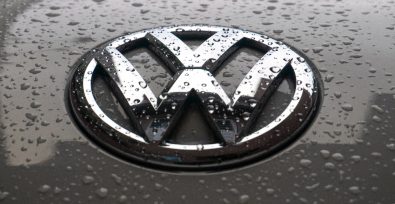A recent U.S. Senate Finance Committee investigation has revealed the ongoing use of Uyghur forced labor in the supply chains of leading automakers, including BMW, Jaguar Land Rover, and Volkswagen.
Findings of investigation
The probe discovered that these automakers obtained parts through a complex network of contractors and subcontractors, including Sichuan Jingweida Technology Group (JWD), which has been directly linked to forced labor practices. Despite being listed by U.S. authorities for its involvement in these unethical practices, JWD’s components were still being imported into the U.S. by these companies. Notably, BMW continued to import thousands of Mini vehicles containing these parts even after being formally notified of the supplier’s status. Jaguar Land Rover and Volkswagen faced similar issues with their supply chains.
Managing complex supply chains
This highlights the significant challenges companies face in overseeing their extensive supply chains, particularly when subcontractors several layers deep continue operations that conflict with international human rights standards. But, despite the complexity of modern supply chains, companies must find effective methods to avoid forced labor at any stage. The intricacy of supply networks cannot be an excuse for inadequate due diligence.
According to the Associated Press, Rob Wyden, Chairman of the Senate finance committee, places the blame squarely on car makers.
“Automakers are sticking their heads in the sand and then swearing they can’t find any forced labor in their supply chains. Somehow, the finance committee’s oversight staff uncovered what multibillion-dollar companies apparently could not: that BMW imported cars, Jaguar Land Rover imported parts, and VW AG manufactured cars that all included components made by a supplier banned for using Uyghur forced labor.”
Call to end ties with Uyghur region
To ensure the absence of Uyghur forced labor in any step of their supply chains, automakers should leave the region and cut ties with any contractors operating in the area. We are calling on the world’s biggest car companies to cease sourcing all products mined, made, or manufactured, in whole or in part, in the Uyghur Region, including via companies that have accepted government–supplied laborers from the Uyghur Region. Sign the petition today!







Freedom United is interested in hearing from our community and welcomes relevant, informed comments, advice, and insights that advance the conversation around our campaigns and advocacy. We value inclusivity and respect within our community. To be approved, your comments should be civil.
It is shameful that companies like BMW and Volkswagen pretend to not ‘know’ the labor they are using is from China’s cruel treatment of the Uyghur people. Kept as slaves, tortured and starved by China as the world watches! Your greed will not go unpunished in your final days. .